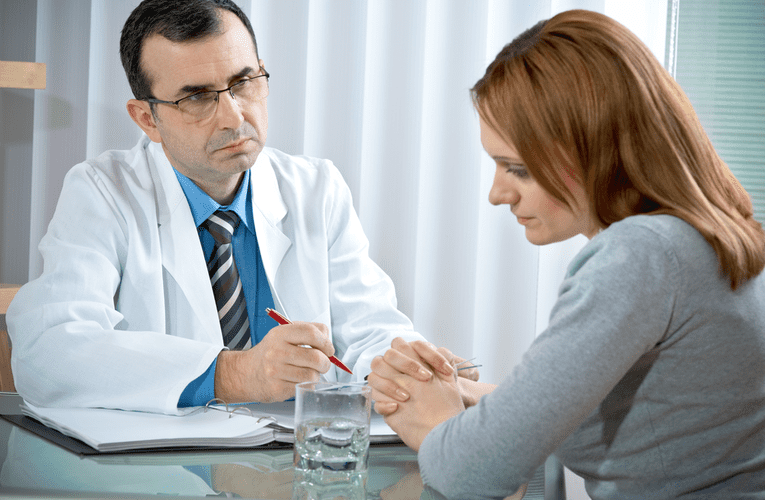Exercise can increase endorphins, the brain chemicals that improve mood and relaxation. If you or someone you know needs alcohol to get to sleep, it indicates that cutting back or stopping alcohol use should be considered. The Recovery Village Cherry Hill at Cooper has a proven record of helping people https://ecosoberhouse.com/ stop using alcohol and experience the benefits of sobriety. Contact us today to learn how we can help you on your journey to an alcohol-free life. Alcohol does not promote wakefulness and will not help keep you awake. It will, however, keep you from getting REM sleep and make your sleep shallower.

Our experts continually monitor the health and wellness space, and we update our articles when new information becomes available. If these don’t work, then changing your daily habits or trying some relaxation methods might help. Reading a print book may have many benefits, including helping you unwind before bed.
Read a book
In reality, your body is busy processing the alcohol and doesn’t get a chance to shut-down or get the much needed deep sleep. Instead of drinking, take some simple steps to set yourself up for a successful nights sleep. Yes, it is possible to sleep without alcohol and the way you’ll feel the next day will make it well worth while. The blue light emitted by screens from phones, tablets, and computers can interfere with your body’s production of melatonin, a hormone that regulates sleep. To improve your sleep quality, it’s essential to limit screen time before bedtime.
Alcohol can cause sleepiness and may initially have a sedative effect. This is because it depresses the central nervous system and enhances the effects of the GABA neurotransmitter, which slows brain activity. Some individuals find that alcohol consumption can trigger hot flashes and night sweats during menopause.
Disrupted sleep cycle
That is why alcohol detox and alcohol withdrawal treatment is administered by medical professionals. With help from experienced professionals, substance use and co-occurring insomnia can be treated effectively. If you believe your drinking may be problematic, you may learn about the differences between casual and problematic drinking by taking how to fall asleep without alcohol a self-assessment. If co-occurring substance use and insomnia are causing problems in your life or the life of a loved one, reach out to a representative to begin the journey towards recovery. Doctors have found that on its own, alcohol can narrow your upper airway and lead to sleep apnea problems, even if you have never had them before.
Alcohol has been linked to reduced rapid eye movement (REM) sleep. Alcohol consumption can lead to a lack of sufficient quality sleep, which can seriously affect cognitive functions such as learning and memory. Researchers believe the link between insomnia and alcohol consumption to be bidirectional, meaning that each contributes to the other. People’s tolerance to alcohol as a sleep aid rapidly increases, leading to insomnia and alcohol dependence.
